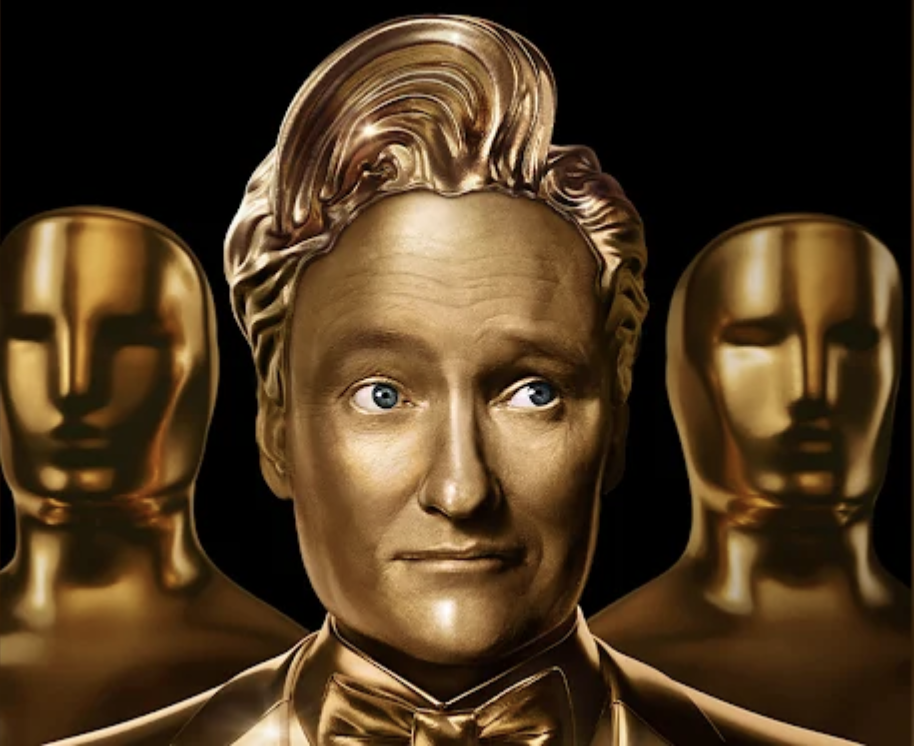Yesterday, Smith College Lecturer in Italian Studies Gianna Albaum gave an hour-long Comparative Literature talk in Peters Hall titled “Fellini in Yucatán: The Italian Legacy of Carlos Castaneda.” The Mead-Swing Lectureship funded talk documented the influence of Peruvian-American author Carlos Castaneda on famed Italian filmmaker Federico Fellini.
Equal parts confusing and transfixing, the talk’s niche subject was almost a parody of a guest lecture that would take place at Oberlin.
The story Albaum was telling is one which was bound to be convoluted. It tracked the story of Fellini’s cross-continental journey across Rome, Los Angeles, and the Yucatán Peninsula to develop a film adaptation of Castaneda’s 1968 hippie cult classic novel The Teachings of Don Juan: A Yaqui Way of Knowledge.
Fellini never actually made the film, but instead published a newspaper comic strip which eventually became an experimental psychedelic graphic novel titled Trip to Tulum. This graphic novel is what informed his final film The Voice of the Moon.
Albaum examined the works exploring the relationship between the two artists and the hippie movement of the 1960s, which she claimed he saw as “leading not to enlightenment but to alienation and emptiness,” as evidenced by the hedonistic, hippie-inspired character in his film Fellini Satyricon.
Albaum hoped students would take away the cultural weight that drugs held in the 1960s and ’70s, and Fellini’s opinion on them, as she felt like it is relevant to today.
“I’m going to talk about an enchanted world and a disenchanted world,” Albaum said. “We’re in another moment where we feel that we’re in a kind of disenchanted world, and we’re looking in all these ways before enchantment. And one way that people have done that in the past is through drugs.”
Albaum did not explicitly encourage drug use, but acknowledged it as a spiritual practice, a way she felt one could enchant the world.
“This is just one of many paths to transcendence,” she said. “Placing drugs and psychedelics is one of many paths. [I want to give] students a sort of possibility to think about what are the many paths that we can take back to enchanting the world.”
Albaum’s research focuses on the intersection of drugs, medicine, and literature in Italy, and this talk was developed as the early stages of a book chapter. In addition to the talk, she also paid a visit to Chair of Hispanic Studies Ana María Díaz Burgos’ Hispanic Studies class, Beyond a World of Wonders: Questioning Narratives of the Conquest (HISP 317), where they talked about the epistemology of Castaneda.
“He wrote his book, it became a bestseller, and then [he] disappeared. He does that purposely because he doesn’t want people to know anything about him,” Albaum said. “He sees anthropological knowledge in particular as something that can be weaponized against people.”
Stiliana Milkova, associate professor of Comparative Literature and Italian and director of the Comparative Literature Program, was the one who coordinated the talk after having known Albaum for 10 years. However, she also had a personal stake in the content discussed.
“I knew Carlos Castaneda novels from growing up in Bulgaria in the 1980s and ’90s and I heard from my Russian colleagues that he was hugely popular in Russia as well, so apparently, globally, kind of popular,” Milkova said. “So I’m curious to see how Carlos Castaneda novels intersect with Fellini’s filmmaking and Fellini’s graphic novel, how he writes about travel in Mexico.”
With Albaum’s talk, Milkova also hoped to create more of a space for Italian at Oberlin, as right now the department only offers four classes.
“For now, it’s a standalone event,” she said. “But I really wish that we could push for more Italian language classes.”
Albaum’s talk sparked an interest in Fellini’s work in students.
“I’m not into fantasy movies that much,” College second-year Anouk Peyser said. “But Trip to Tulum looks so cool. If that’s his take on art I would definitely be willing to watch his movies.”
Inspiring students to watch Italian movies, Albaum’s Fellini talk exposed a room of eager listeners to a topic they most certainly left knowing more about than when they walked in. Oberlin does not have the most robust Italian program, so any opportunity to learn more about the culture should be taken. And diving into Fellini’s journey was — pun intended — an unforgettable trip.













